
A success story made in Hong Kong: Cafe de Coral – fast food chain that’s been feeding the working class since 1969
The first Cafe de Coral was opened in Causeway Bay in 1969 by Victor Lo Tang-seong, who wanted to introduce burgers to the city. He developed the concept of selling Chinese fast food in a restaurant setting, and the rest is history
Although Chinese fast food chain Cafe de Coral is a household name in Hong Kong, it’s one that is somewhat lost in translation. The English name is loosely derived from the sound of its Cantonese name, dai ga lok, which means “All Happy Together”. This expresses the mission of its founder, Victor Lo Tang-seong, to provide affordable meals to working-class wage earners.
Lo was already 54 years old when the entrepreneurial bug bit, and he teamed up with his nephew, Lo Kai-muk. Victor had previously served as an aircraft mechanic in the Sino-Japanese war, and worked for 17 years at his brother Lo Kwee-seong’s company, Vitasoy. Hong Kong household names, it seems, run in the family.
After his first venture – a wig factory – failed, Victor opened the first Cafe de Coral on Sugar Street, Causeway Bay, in 1969. The small outlet was basically Hong Kong’s first burger joint. Victor had enjoyed eating burgers while doing military training in the United States. He sold them for 35 Hong Kong cents each when he introduced them to the city – six years before McDonald’s opened its first Hong Kong restaurant in 1975.
His first Cafe de Coral was to be short-lived; he was forced to move out when the landlord chose to demolish the building. In 1972, however, he found success with his next venture, when he opened a two-storey restaurant on Ferry Street, across the harbour in Jordan.
Selling takeaway burgers on the ground floor, and regular Chinese food above, the business benefited from the large number of workers who would arrive at the pier on the end of the street. The burgers were especially popular, because workers often had little time to spare for lunch and there were no other places selling fast food at that time.
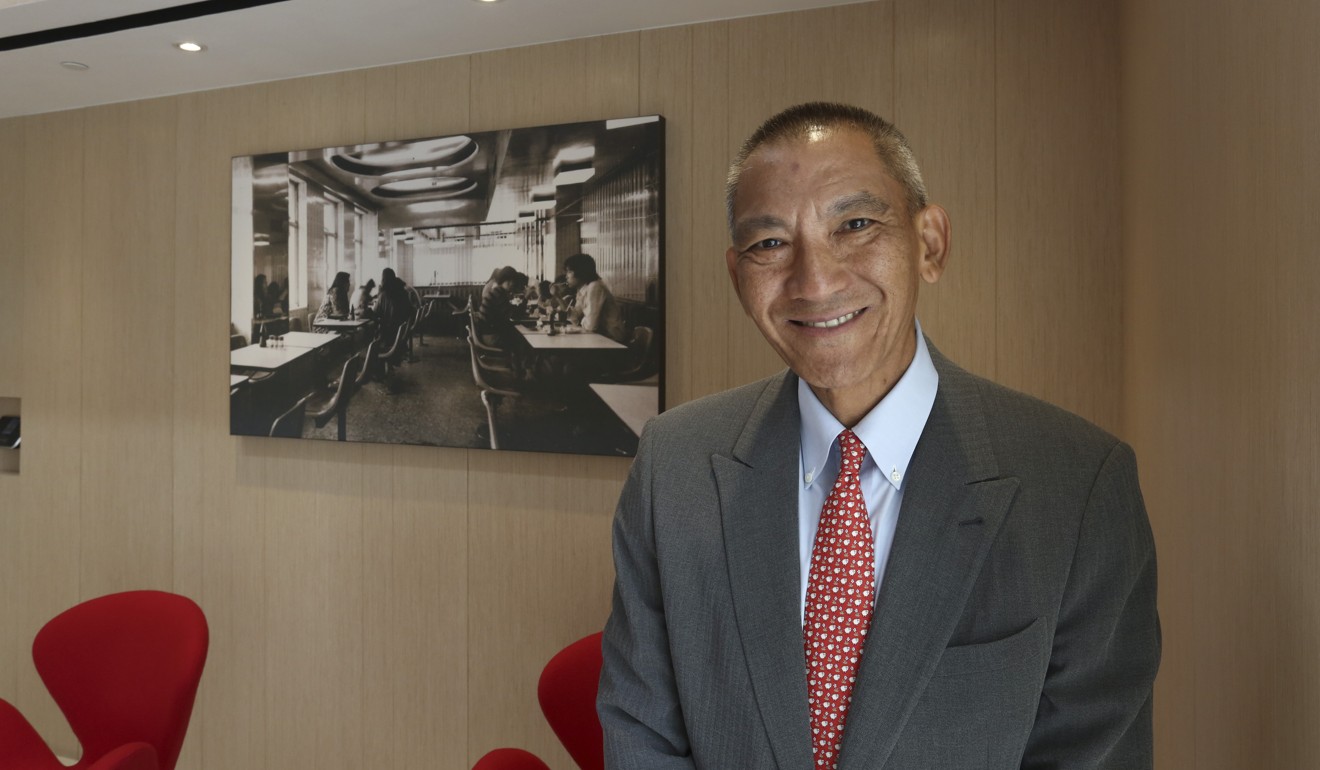
There will always be challenges, but the way we meet the challenges are how we differentiate ourselves from other people
The takeaway business became a big hit, faring much better than the food sold upstairs, and that was inspiration for the idea of a selling Chinese fast food in a restaurant setting.
“Customers did not quite accept the concept of [self-service] in the beginning. ‘Why do we still have to pick up the meals ourselves even though we’ve paid?’ That’s how the customers thought,” says Peter Lo Tak-shing, the group’s chief executive and son of Lo Kai-muk. However, customers soon realised the benefits of self-service – decent food at more affordable prices.
A charismatic leader, Victor built a dedicated team of employees, who helped Cafe de Coral expand across Hong Kong. He motivated managers by giving them shares in the company. Lo Kai-muk, who had previously been the Kowloon manager at Vitasoy, had his own area of expertise to contribute.
He had spent many years working on delivery vans, criss-crossing Hong Kong selling soft drinks, so he knew the demographics of the city well, says Peter. Their teamwork and efforts paid off, and by the end of the 1980s the uncle and his nephew had expanded the business into a chain of 30 restaurants.
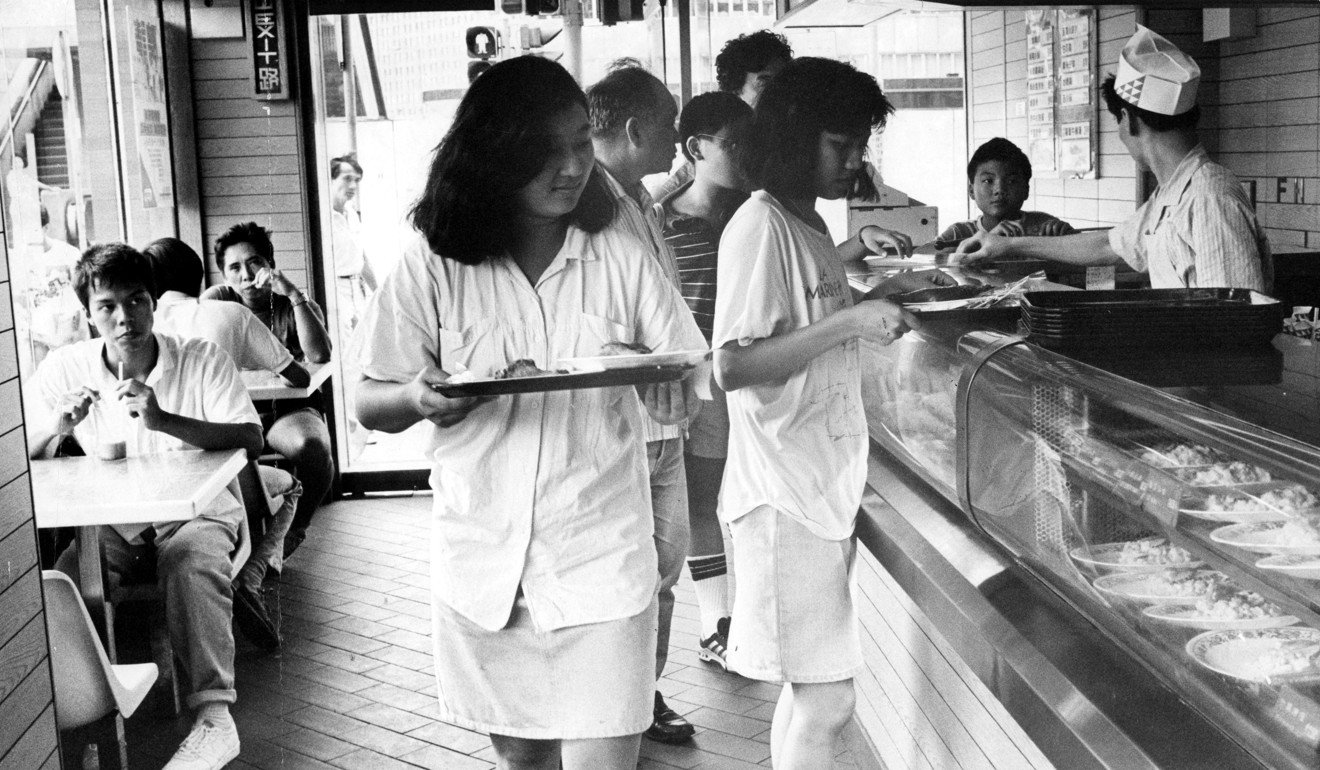
“When living standards rose, more people ate out. Some guys would take their girlfriends out on dates. So we introduced new items to the menu, such as sizzling plates,” says Sunny . Then, as the baby boomers had their own families and moved into housing estates, Cafe de Coral followed. The company also began offering discounts to students and delivering lunch boxes to schools.
These were among many initiatives launched by Cafe de Coral over the years. Not all have been successful, but Sunny believes the process of trial and error has been essential to innovation.
A graduate of Stanford University in the US, with a degree in chemical engineering, Sunny was working in Europe when he received a long letter from his father, which he keeps to this day. Although his father did not explicitly ask him to return home, the letter describing his dilemma – a shortage of helping hands – was enough to convince him.
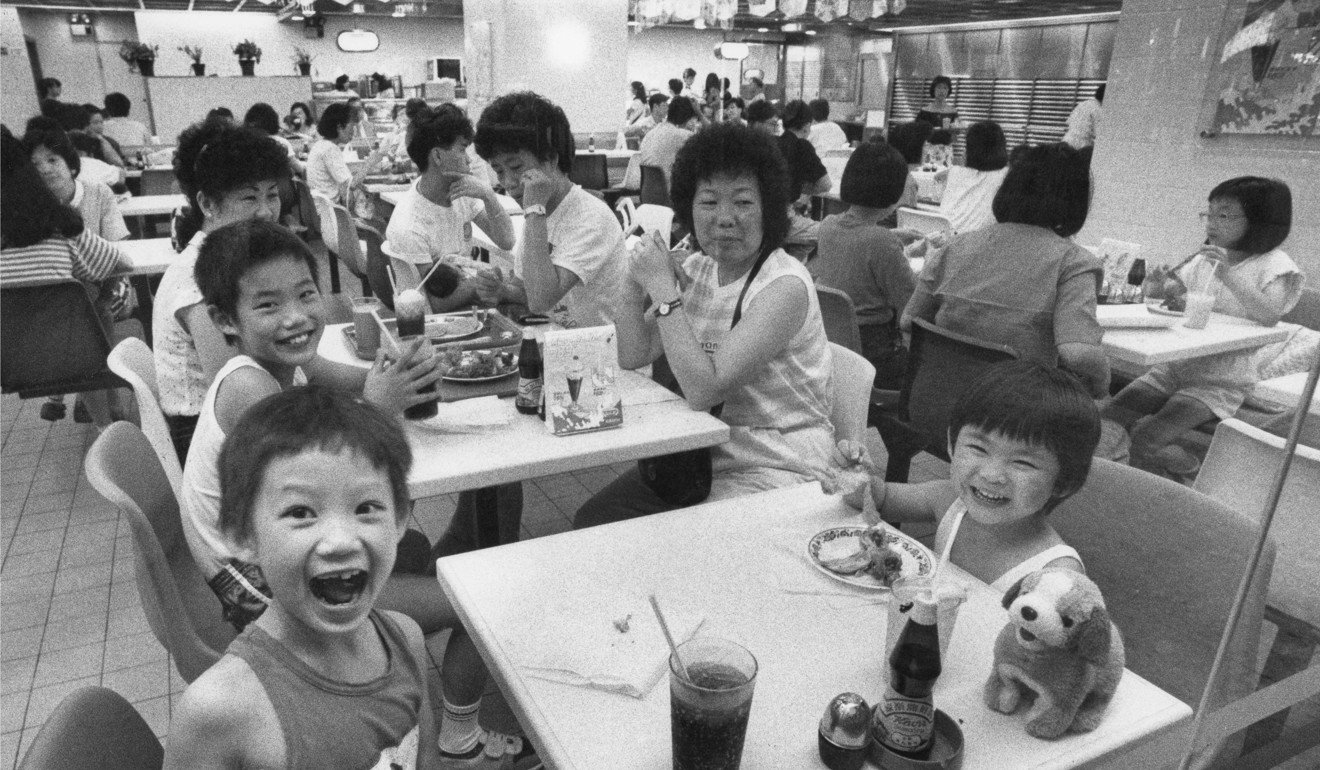
“First you define the problem. Then you set a hypothesis and look at each stage of the process,” he says. It was an uphill battle against hawker centres, and the business ultimately failed, but starting from scratch helped him learn everything he needed to know about running a restaurant.
“There will always be challenges, but the way we meet the challenges are how we differentiate ourselves from other people,” says Sunny, who returned to Hong Kong after the Singapore failure.
This willingness to experiment, at risk of failure, has characterised the company. In 1986, Cafe de Coral Group became the first Hong Kong restaurant business to go public, on the local stock exchange, with an initial share price offering of HK$1.18 (its stock trades at about HK$25 today). The listing raised more than HK$43 million.
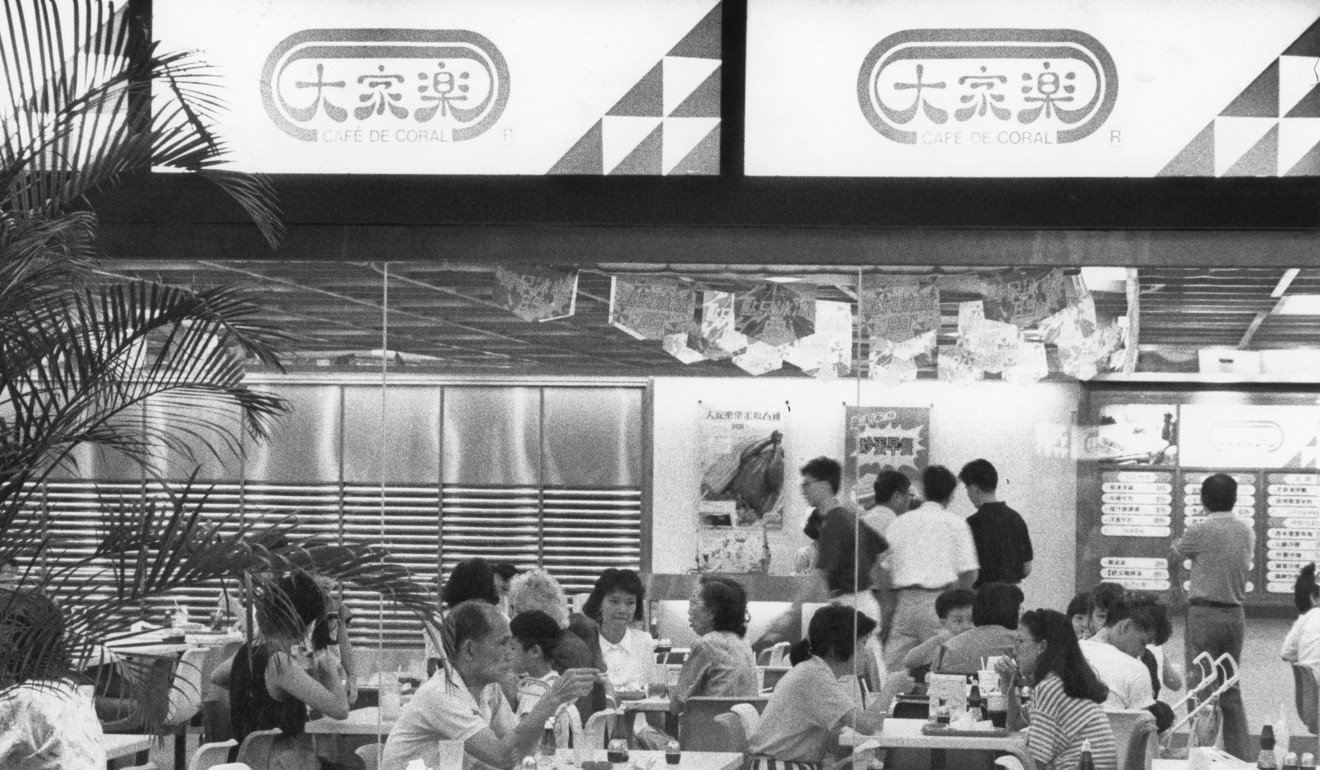
In 1976, shortly after television sets became common in Hong Kong households, Lo Kai-muk convinced the board to invest HK$300,000 – equal to 30 per cent of annual revenue – on the company’s first TV commercial. In the 1980s, Cafe de Coral popularised its slogan “A Hundred Points of Excellence” with a commercial featuring late actor/singer Leslie Cheung Kwok-wing.
As its image on television changed, so did Cafe de Coral’s restaurants. Much like mobile phone upgrades, some of the restaurants are now in their sixth generation. Gone are the vivid yellow chairs and walls, replaced by neutral and earthy tones for a cosier ambience.
“It is designed to make people feel at home and remind them that we are a cafeteria for Hong Kong people,” says Daren Lau Tat-man, the managing director (quick service restaurants) of the group.
Although, as group chairman, Sunny now takes a back seat in the daily operations, he still occasionally visits the restaurants.
“Customers sometimes recognise me and the scene will immediately transform into a town hall meeting as they share whatever opinions they have,” he says. Their opinions are not all positive, but for Sunny, greeting satisfied customers is a way of seeing how his work is appreciated.
While he trained as an engineer, Peter Lo is no stranger to business management, because that is all the Lo family talks about when they get together. With 359 operating units in Hong Kong and 99 in China, the CEO believes it’s time to take a new approach to managing the group.
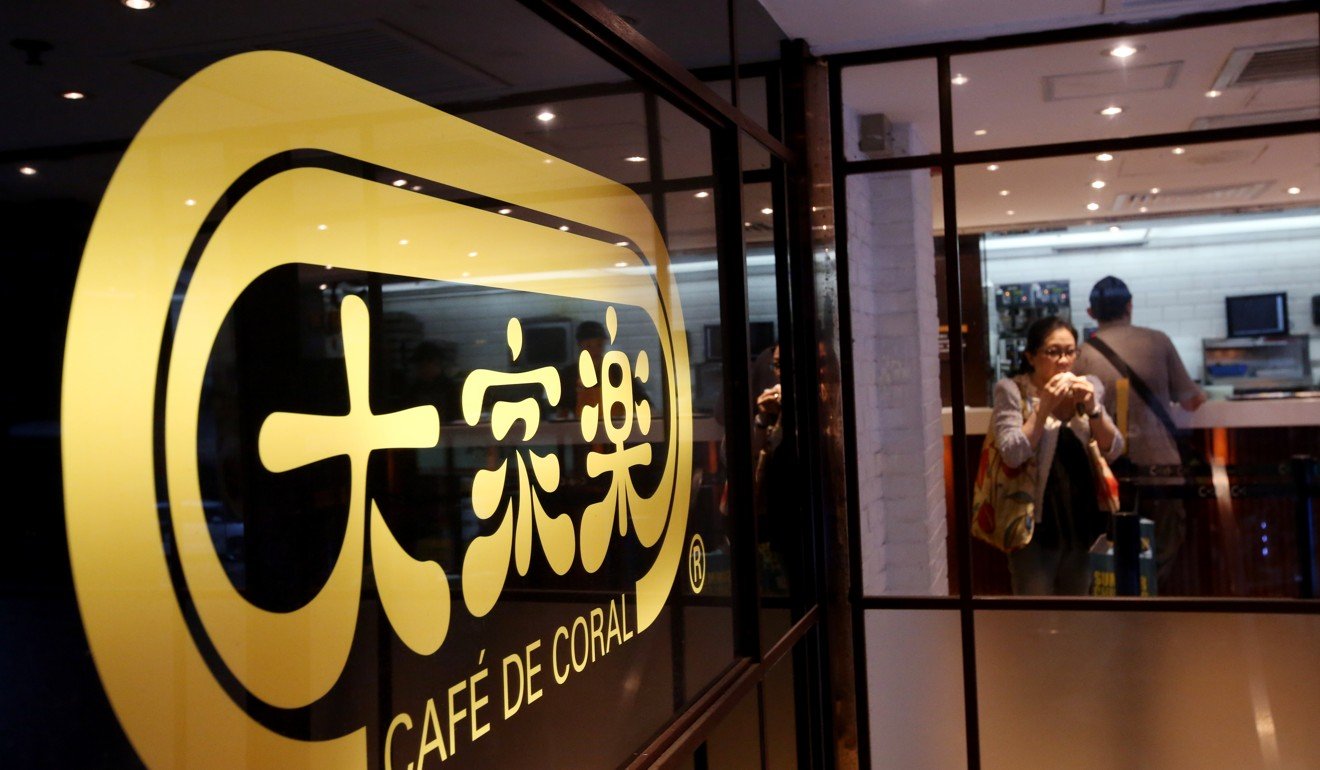
His task is to supervise a group of professionals who oversee different parts of the company and, more importantly, to make sure the group does not sway from the mission of its founders.
“As a big corporation, you have more power, but what matters is how you use your muscles,” he says. “The responsibility is huge, but we will not go against our initial mission, to make everyone – customers, staff and shareholders – happy.”

